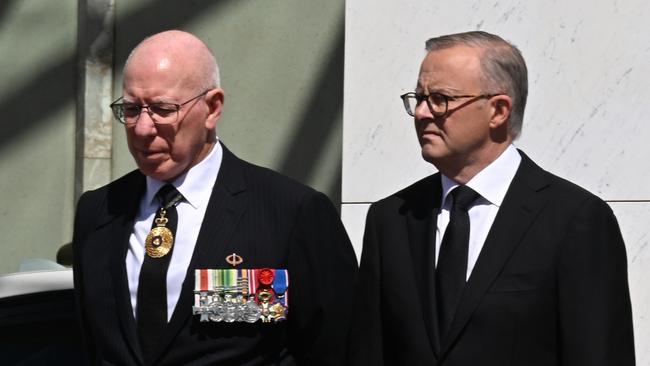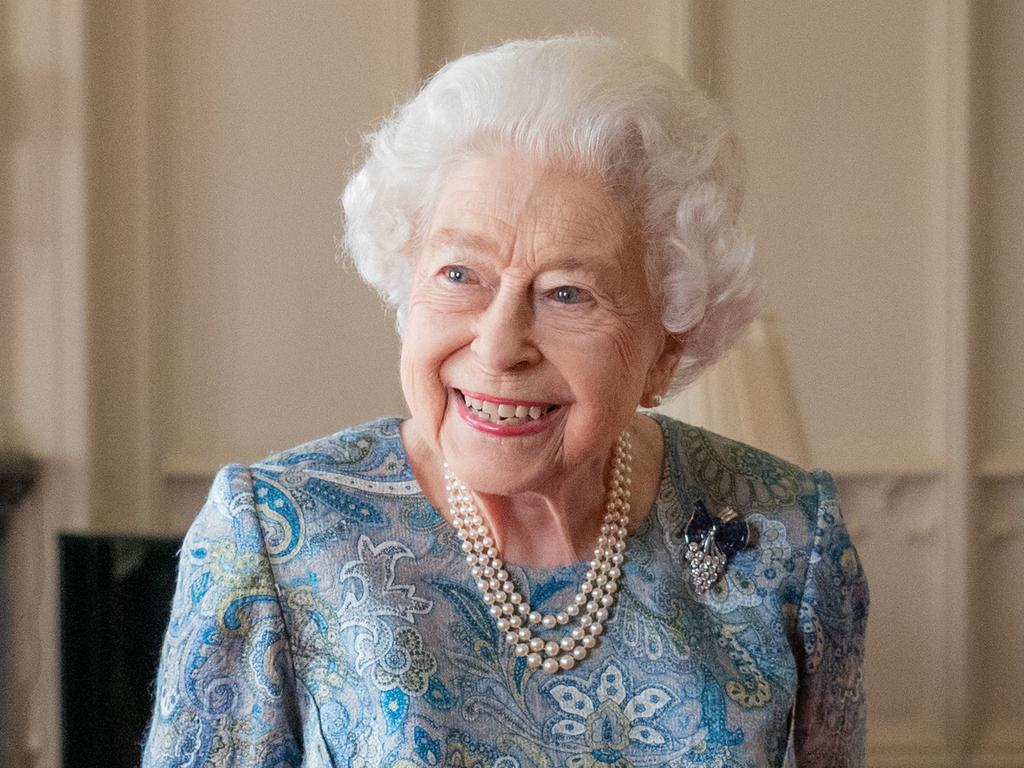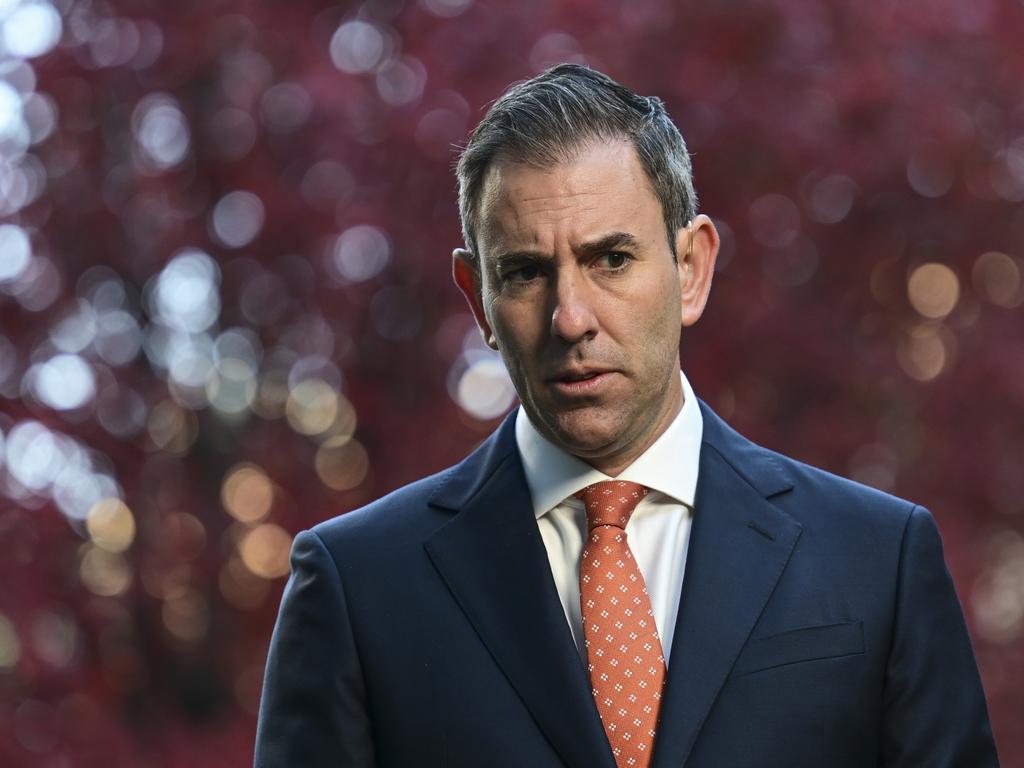‘Just too hard’ to reveal what prime ministers said to governors-general
At least 240 items of official correspondence between the four most recent PMs and G-Gs have been kept secret following an FoI request because making them public would be too onerous on the public service.

At least 240 items of official correspondence between the four most recent prime ministers and governors-general have been kept secret following a Freedom of Information request because making them public would be too onerous on the public service.
“A practical refusal reason exists as the work involved in processing the request would substantially and unreasonably divert the resources of the department from its other operations,” the Department of the Prime Minister and Cabinet decided.
The Weekend Australian lodged an FOI request to access written correspondence formally sent between prime ministers and governors-general between September 19, 2013, and February 10, 2023. It would only cover correspondence sent directly between two individuals, as prime minister and vice-regal representative.
This would span the terms in office of Tony Abbott, Malcolm Turnbull, Scott Morrison and Anthony Albanese as they overlapped with the vice-regal post held by Dame Quentin Bryce, General Sir Peter Cosgrove and General David Hurley.
At the department’s request, the scope was significantly narrowed to exclude the staff of the Prime Minister’s Office and Government House to focus only on “written correspondence formally sent between governors-general and prime ministers” during the defined period of under 10 years. This period is of significant public interest because it included four changes of prime minister, a change of government, the navigation of a minority parliament, Mr Turnbull arguing that Sir Peter should not swear in Peter Dutton as prime minister on the grounds he may not constitutionally eligible if he became Liberal leader, and Mr Morrison’s multiple secret ministries that were not disclosed by him or General Hurley.
The department found at least 240 items of “official correspondence” via one database that was sent directly between the prime minister and governor-general between a shorter period of 2016 and 2023 that related to the FOI request. A sample of 15 documents was examined by the department, which found “sensitivities” relating to international relations and also “personal privacy” concerns that would require consultation with third parties.
These were not specified nor was any consultation undertaken with a view towards possible release.
Instead, the department refused access to every item identified because it would be “substantial and unreasonable” to divert resources to such a “complex and voluminous” task of examining 240 items. The department did not conduct a search for additional records before 2016, even though they were judged to “likely exist” in a separate record management system.
“I acknowledge that the processing of requests for access to documents is a legitimate part of each agency’s functions, and that FOI requests may require the reallocation of resources within an agency in some circumstances,” the department said.
“However, in this case, the department could not reasonably divert resources to assist in processing your request. In reaching this view, I have had regard to the public interest in providing access to information but consider the public interest in providing access is outweighed by the competing public interest in the department performing its ordinary functions without substantial interference, including the processing of other FOI requests.”
The Weekend Australian has sought an internal review of the decision.








To join the conversation, please log in. Don't have an account? Register
Join the conversation, you are commenting as Logout